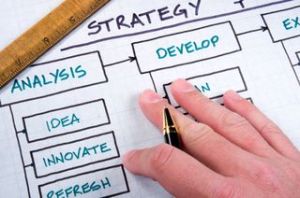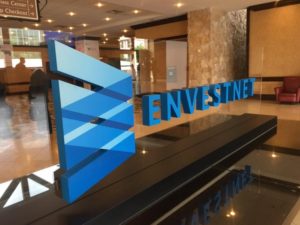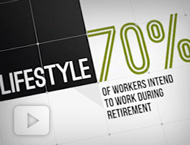
Retirement Planning Requires Strategy
We’re living longer. No news. During your working years you’re saving and accumulating assets. That’s not normally the case for those who retire. Retirement is

We’re living longer. No news. During your working years you’re saving and accumulating assets. That’s not normally the case for those who retire. Retirement is

… Why Should you care? You invested, probably heavily, in your American Dream; and you have a lot riding on it. Before you can cash-in

If you’re planning your retirement about now, it’s worth coming to this realization: You’re entering a new stage of life. It’s a simple statement; but,

Reverse mortgages can be worthwhile; but, there’s no free lunch. Here are some issues to review. A reverse mortgage is a loan against the value

Retirement planning and college funding are, for many parents, hopelessly connected. The reason is simple: Whatever is spent on college usually comes at the expense

Did you know it’s possible for a grandparent to gift $10,000 to a grandchild for a college education and end up costing the family up

Mantaining a sound investment strategy can help put your children on the road to a valuable four-year college degree. Did you know that on average,

The Great Recession has many older Americans considering the prospects of staying in the workforce past their normal retirement again. But, working past your normal

Itdepends on how you do it! Changing or leaving a job can be a tumultuous experience. Even under the best of circumstances, making a career

Ready for Retirement? Are you ready for retirement? Here are five words you should consider. Here’s some food-for-thought from the Financial Planning Association: Three Key
If you’ve changed jobs or are getting ready to retire, don’t leave your old retirement account behind. Rolling over your employer-sponsored plan—like a 401(k) or 403(b)—into an IRA or new employer’s plan keeps your money growing tax-deferred and gives you more control over your investments.
The Big Picture:
For years, baby boomers drove the housing market, and much of the economy, as they moved into their first homes, began raising families, and moved-up to larger homes finally ending-up in the “McMansions” we’re all familiar with today. The boomers are now older—they’re no longer moving up. In fact, they’re just beginning to “decumulate” and downsize.